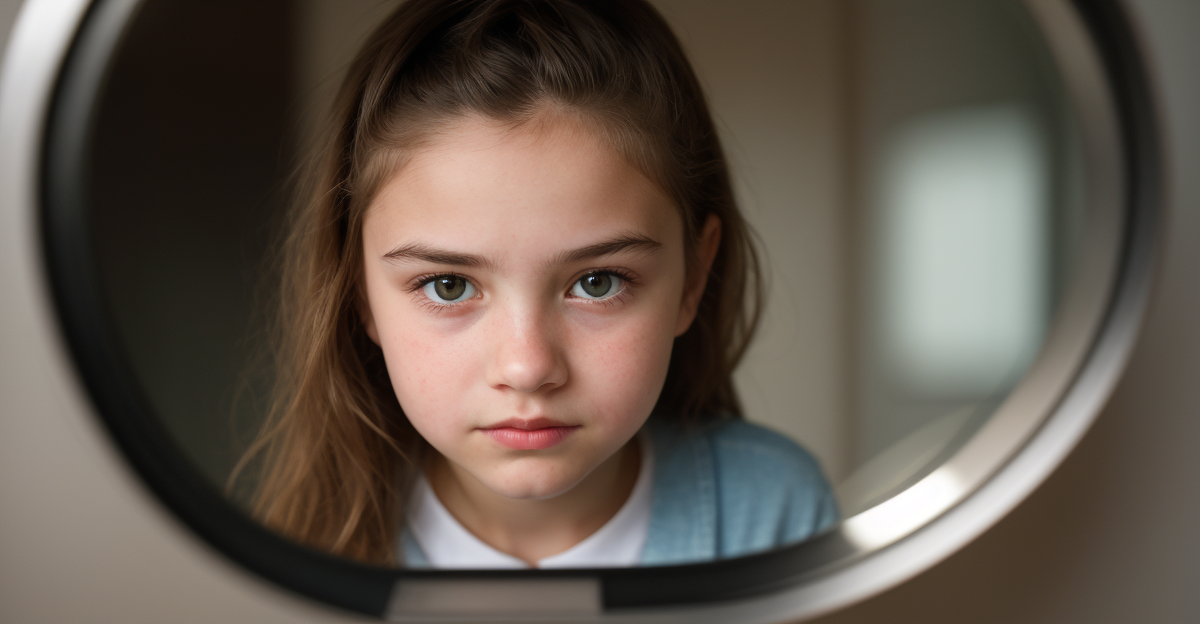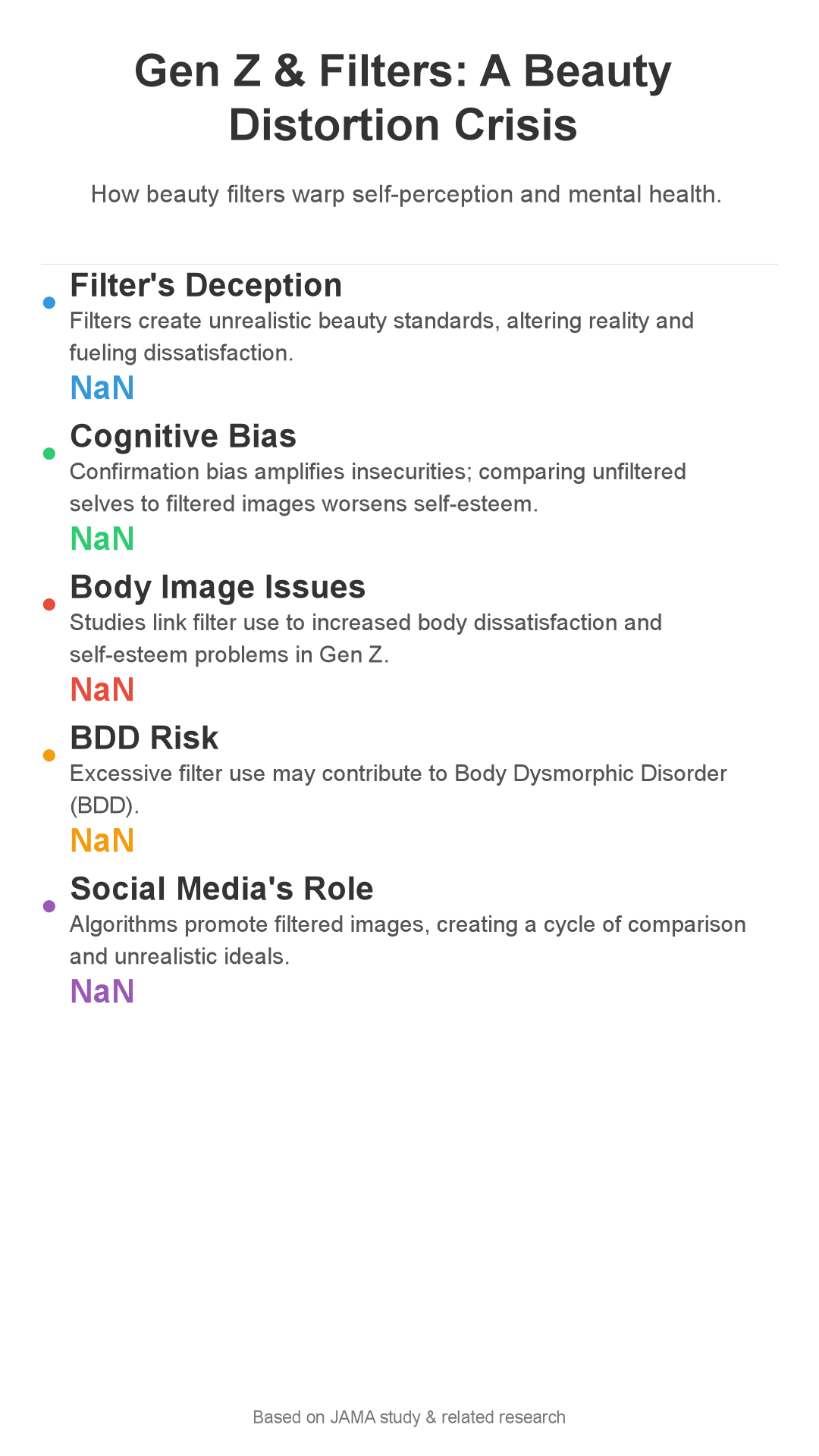
Ever wonder why everyone online seems impossibly perfect? This video examines the surprising science
Ever wondered how beauty filters are impacting Gen Z’s self-image? The science behind the selfie is revealing a concerning truth about the digital distortion of beauty. Prepare to be informed.
Welcome! Today, we explore the unsettling impact of beauty filters on Gen Z’s self-perception. Are these seemingly harmless tools subtly warping our reality? The evidence suggests a resounding yes, and the science behind it is both fascinating and alarming.
The Science of Distortion: How Filters Manipulate Perception
Altering Reality: The Digital Facelift
Beauty filters are undeniably effective at enhancing images.
They smooth skin, enlarge eyes, and slim faces—creating a digitally enhanced version often bearing little resemblance to reality.
. This seemingly minor alteration, however, has profound consequences.
Cognitive Biases: The Perfect Storm
This problem is amplified by cognitive biases. Confirmation bias, for instance, plays a significant role. We tend to remember and focus on information confirming existing insecurities.
Seeing a filtered image—and then comparing our unfiltered self—can fuel dissatisfaction.
The Psychological Impact: Body Dysmorphia and Self-Esteem
Body Image Issues: The Filter Effect
Numerous studies link frequent filter use to increased body dissatisfaction and self-esteem issues among Gen Z.
A 2022 study in the Journal of the American Medical Association (JAMA) [LINK TO STUDY] found a significant correlation between social media use and body image concerns.
While not solely caused by filters, constant exposure to unrealistic beauty standards plays a major role.
Body Dysmorphic Disorder (BDD): A Serious Concern
In severe cases, excessive filter use may contribute to Body Dysmorphic Disorder (BDD), a mental health condition characterized by an obsessive preoccupation with perceived flaws. The constant comparison to filtered images, coupled with pressure for a perfect online persona, can worsen existing anxieties and insecurities, potentially leading to this debilitating disorder.
The Social Media Amplification Effect: Creating a Cycle of Comparison
Algorithmic Pressure: The Perfect Storm
Social media algorithms, designed to maximize engagement, prioritize visually appealing content.
This means filtered images are consistently promoted, reinforcing unrealistic beauty standards and creating a relentless cycle of social comparison.
The Comparison Game: A Losing Battle
The pressure to conform to these filtered ideals is immense. We constantly compare ourselves to others, often overlooking the heavy manipulation involved.
This constant comparison can severely damage self-esteem, leading to feelings of inadequacy and anxiety. .
Long-Term Consequences: Mental Health and Social Interactions
Mental Health: The Price of Perfection
The long-term effects of distorted self-perception can be devastating.
The relentless pursuit of an unrealistic ideal can lead to anxiety, depression, and other mental health challenges.
Real-Life Relationships: The Filter’s Shadow
This obsession with filtered perfection can even affect our real-life relationships. The constant need to present a flawless online persona hinders authentic connection.
So, how can we, individually and collectively, foster a more realistic and body-positive digital environment? What steps can we take to encourage healthier online interactions and protect Gen Z from the damaging effects of beauty filters?
Let’s begin by being more mindful of our social media consumption and critically analyzing the images we see.
Let’s actively promote body positivity and self-acceptance, challenging the unrealistic beauty standards perpetuated by filters and social media. Let’s remember that true beauty is far more diverse and complex than any filter can capture.

Enjoyed this? Check out our YouTube channel for video versions!
Enjoyed this? Check out our YouTube channel for video versions!



